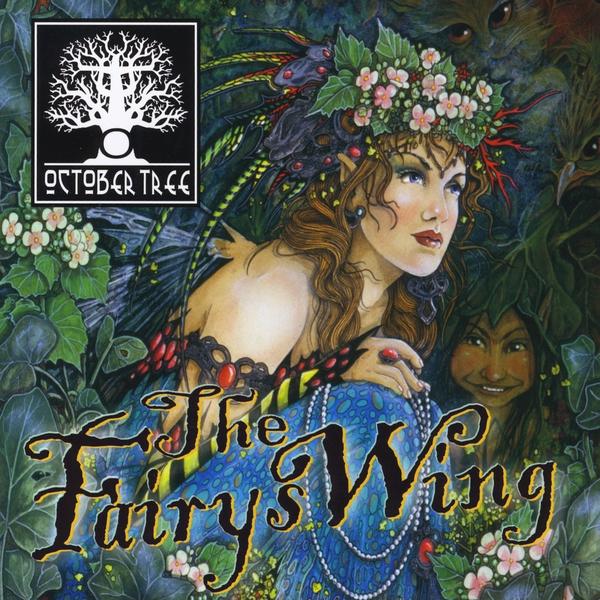
Joy: Befriending Death is for a broken-open heart, for the vulnerable and courageous, those feeling the enormity of being human, and healing from unimaginable loss of all kinds. "How will I go on? Who am I without Mom, without my lover, without my dog?" As Earth continues to experience transformative times, Joy reminds its readers, as crazy as things may feel, you always have an ally.
This book is Diane's first, derived from the personal journals she kept following the closely timed deaths of her Mom and Dad. Reeling from grief, she became adept at social distancing and self-isolation long before they were embraced globally. A collection of private diary entries details Diane's journey to developing a new form of direct communication with her parents.
Joy is for anyone struggling with grief resulting from the loss of loved ones, home, career, or identity. Joy is suited for the sensitive and empathic, those who are easily overwhelmed by the depth of their feelings, or who may struggle with the "noise" of modern life. Diane is a highly sensitive person herself. She teaches us there is so much life found in death, we should never wait to love ourselves, and we need to listen.
The lessons and clear messages from her parents, downloaded from the other side of death, offer love and support to anyone who is grieving and brings the reader into a direct relationship with that grief. Diane also models a path of peacemaking and resolution that teaches not only how to heal a difficult relationship after death, but also acts as a guide for readers seeking a better relationship with those who are still living.
Joy is about befriending death through the complexity of feelings, altered states, wild experiences, and unfamiliar displays of mental health issues that come with loss and grieving-when 'the veil' is so thin, exhausted, confused, a mess, whatever. These pages will leave the reader feeling hopeful by offering a gentle appreciation of how we cope with grief.
Few books on grief and loss have such a direct, innocent, and piercing way of connecting with the reader. Diane's writing and presence cuts through intellectual and conceptual barriers to meet the reader where they are, inviting them to stop and be open to the beauty of life, even in sorrowful moments. Joy asks us to listen deeply to our own divine sense of self and inner wisdom. Rather than one particular spiritual tradition, the guidance builds on a universal practice of stillness, quiet, and viewing nature as a teacher and friend.







